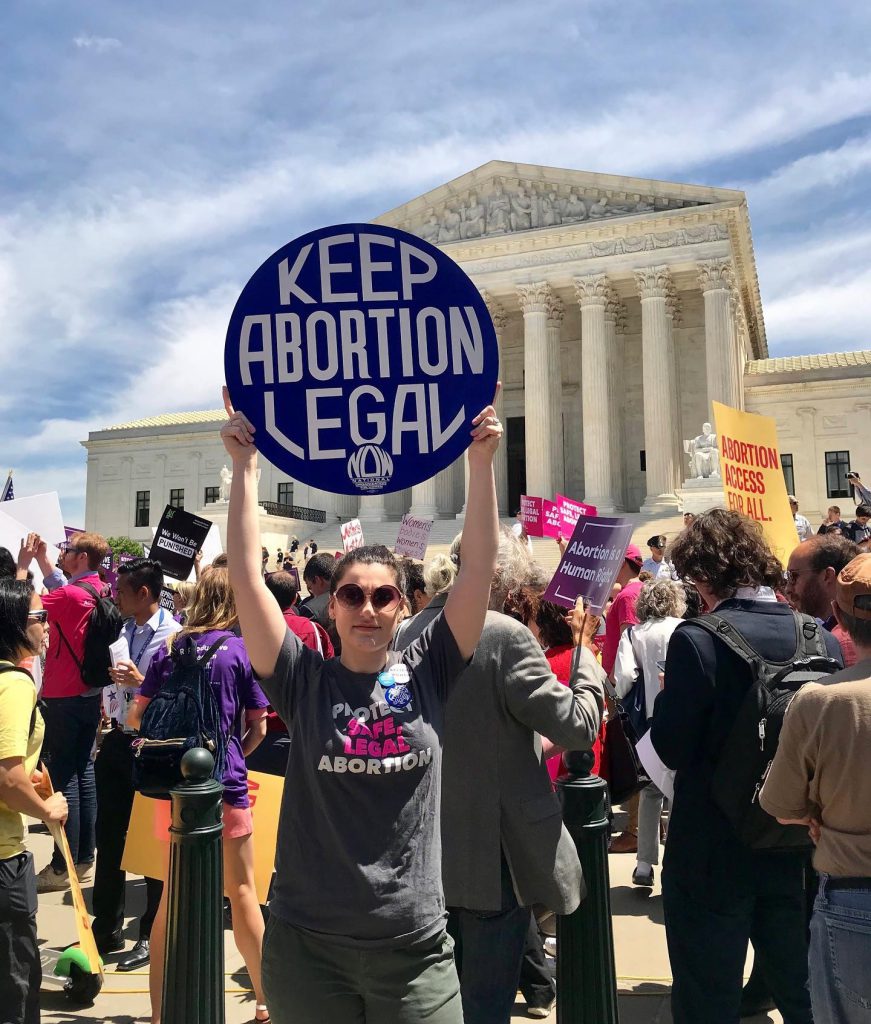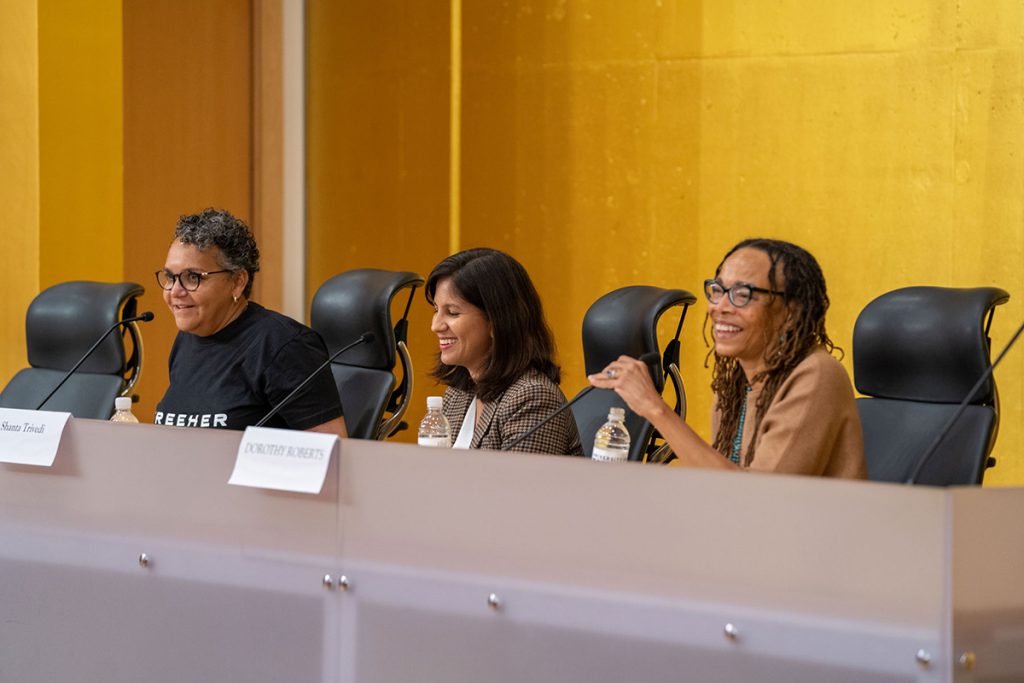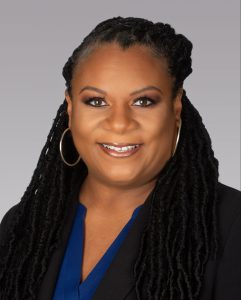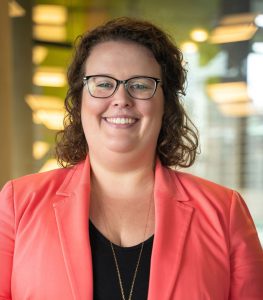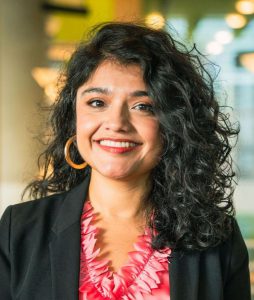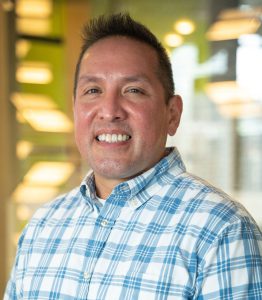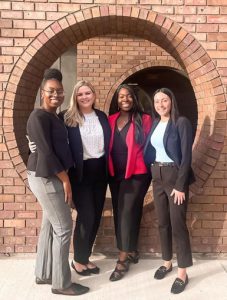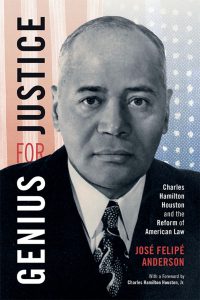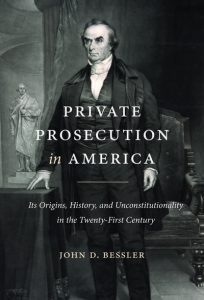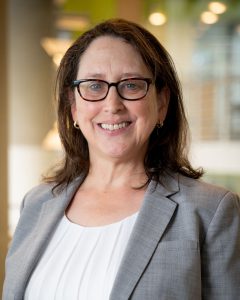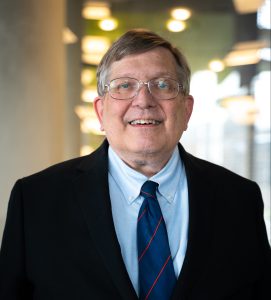John Bessler
The Death Penalty’s Denial of Fundamental Human Rights: International Law, State Practice, and the Emerging Abolitionist Norm (2023)
“The Philosophy of Punishment and the Arc of Penal Reform: From Ancient Lawgivers to the Renaissance and the Enlightenment and through the Nineteenth Century,” chapter, in The Palgrave Handbook on the Philosophy of Punishment, Matthew Altman ed. (2023)
The Gross Injustices of Capital Punishment: A Torturous Practice and Justice Thurgood Marshall’s Astute Appraisal of the Death Penalty’s Cruelty, Discriminatory Use, and Unconstitutionality, 29 Wash & Lee J. of Civ. Rts. & Soc. Just. 65 (2023)
“Scholars and Artists Discuss the Death Penalty,” presentation at Harvard Law School, Mar. 2023
Fred Brown
Should the Federal Government Help States and Local Governments Pay for Police Misconduct Through Tax-Exempt Bonds? Va. Tax Rev. (forthcoming)
Gilda Daniels
The Cambridge Companions Series, The History of Voting Rights in the United States, editor, Cambridge University Press, (forthcoming 2025)
“Language Assistance and Provisions,” chapter, Oxford Handbook of American Election Law, (forthcoming 2024)
“The Rule of Law in U.S. Elections,” panelist, Center for Civil Rights and Social Justice, Emory University School of Law, Sept. 2023
Michele Gilman
“How the Supreme Court Decision Limiting Abortion Access Will Harm the Economy and Women’s Financial Well-Being,” chapter, in Aftermath: Life in Post-Roe America (Elizabeth G. Hines, ed., 2022)
“Beyond Window Dressing: Public Participation for Marginalized Communities in the Datafied Society” presentation, AI on the Ground Reading Group, Data & Society, Jan. 2023
“Scholarly Writing in a DEI Frame,” presentation at Mid-Atlantic Regional Clinical Conference, George Washington Law School, Feb. 2023
“Surveilling Gender and Sexuality in the Age of AI,” presentation, Changing Women in a Changing Society at 50, University of Chicago Center for the Study of Gender and Sexuality May 2023
Valeria Gomez
Geography as Due Process in Immigration Court, 2023 Wis. L. Rev. 1 (2023)
“It Takes a Village: Instilling a Sense of Student Ownership over Clinic Cases & Projects,” presentation, AALS Clinic Conference, San Francisco, CA, Apr. 2023
Sarah Gottlieb
Progressive Façade: How Bail Reforms Expose the Limitations of the Progressive Prosecutor Movement, Wash. & Lee L. Rev. (forthcoming 2024)
“Progressive Façade,” presentation, Mid-Atlantic Clinicians’ Writing Workshop, May 2023
Nienke Grossman
The ‘Invisible Court’: Gender and Nationality in Registries and Secretariats, chapter, Oxford Handbook on Women and International Law, Nienke Grossman, J. Jarpa Dawuni, Jaya Ramji-Notales & Hélène Ruiz-Fabri, eds., forthcoming)
Daniel Hatcher
Injustice Inc.: How America’s Justice System Commodifies Children and the Poor (2023)
“Debt and Extracted Wealth,” panelist, Poverty Law Conference, UC Berkeley School of Law, Mar. 2023
“How America’s Justice System Commodifies Children and the Poor,” book talk, Harvard Book Store, Mar. 2023
Margaret Johnson
Lawyers, Clients & Narrative: A Framework for Law Students and Practitioners, with Carolyn Grose (2023)
Title IX and “Menstruation or Related Conditions,” Mich. J. Gender & L., Marcy L. Karin, Naomi Cahn, Elizabeth B. Cooper, Bridget J. Crawford, & Emily Gold Waldman (forthcoming)
“Teaching Lawyering Skills and Values: Pedagogy and Methodology of U.S. Clinical Legal and Experiential Education,” presentation at Law Learning and Teaching Seminar, The University of Technology Sydney, Sydney, NSW, Australia, Mar. 2023
“Confronting Menstruation,” at Feminist Legal Research Group, The University of Technology Sydney, Sydney, NSW, Australia, Apr. 2023
Elizabeth Keyes
J. on Migration and Hum. Sec., reviewing scholar
Oxford Hum. Rts. Hub J., reviewing scholar
Duke University’s Conference on Climate Change and Migration, Washington, D.C., invited speaker, Apr. 2023
Dionne Koller
Identifying Youth Sport, Yale J. of L. & Human. (2023)
More Than Play: How Law, Policy, and Politics Shape American Youth Sport (forthcoming 2025)
“Amateurism, NIL, and the Jordan McNair Safe and Fair Play Act: What Athletes Should Know,” at Maryland State Bar Association Program on The Law on the Game (Apr. 2023)
The Commission on the State of U.S. Olympics and Paralympics: Our Mandate and Mission, session leader, Aspen Institute Project Play Summit, May 2023
“What the Commission on the State of U.S. Olympics and Paralympics Means for U.S. Youth Sport,” presentation, Aspen Institute Project Play Summit, May 2023\
Neha Lall
“Bellow Scholars Program Report on Projects,” presentation, 2023 Conference on Clinical Legal Education, Apr. 2023
“Show Me the $: Reasons, Data & Strategies to Enact Paid Externships,” 2023 Conference on Clinical Legal Education, Apr. 2023
Robert Lande
“The Prevalence and Injuriousness of Cartels Worldwide,” chapter co-author, in Elgar Research Handbook on Cartels (Peter Whelan ed., 2023)
Textualism As An Ally of Antitrust Enforcement: Examples From Merger and Monopolization Law, Utah L. Rev. (forthcoming)
Matthew Lindsay
An Unreasonable Presumption: The National Security/Foreign Affairs Nexus in Immigration Law, co-author, Brook. L. Rev. (2023)
The Right to Migrate, Lewis & Clark L. Rev. (forthcoming 2023)
Zina Makar
Per Curiam Signals in the Supreme Court’s Shadow Docket, 98 Wash. L. Rev. 427 (2023)
“Charting the Feedback Loop of the Shadow Docket,” presentation, Loyola Law Review’s Symposium on Judicial Developments, Loyola University New Orleans College of Law, Mar. 2023
“The School to Prison Doctrinal Pipeline,” presentation, UB/UM Jr. Faculty Workshop, Apr. 2023
Robert Rubinson
Ethical Problems in the Practice of Law, co-author, sixth edition (2022)
Amy Sloan
“Researching the Law: Finding What You Need When You Need It,” (Aspen Publishers 4th ed. 2023)
Plain English for Appellate Practitioners, presentation, Nassau County Bar Association Appellate Practice Committee, Jan. 2023
Tim Sellers
Encyclopedia of the Philosophy of Law and Social Philosophy, (M. Sellers and S. Kirste, eds., 2023)
Handbook of the History of the Philosophy of Law and Social Philosophy, (M. Sellers, S. Kirste, and G. Zanetti, eds., 2023)
Janice Shih
“Tax Filing Tips with Taxpayer Advocate Service,” presentation, University of Baltimore, Jan. 2023
“Tax Tips for Immigrants,” presentation, Baltimore County Public Libraries, Feb. 2023
Matthew Sipe
Covering Prying Eyes with an Invisible Hand: Privacy, Antitrust, and the New Brandeis Movement, 36 Harv. J.L. & Tech. 359 (2023)
“Patent Law 101: I Know It When I See It,” presentation, Emerging Voices in Intellectual Property, AALS Annual Meeting, Jan. 2023
“The Implications of the FTC’s Proposed Ban on Noncompete Agreements,” presentation, Regulatory Transparency Project, Mar. 2023
Colin Starger
“Logic, Reasoning, and Legal Rhetoric,” presentation,t Illinois Judicial College CLE Series, Nov. 2022
“Techniques and Technologies for Collaboration and Teamwork in Clinical Legal Education Settings,” presentation, Global Alliance for Justice Education (GAJE) 11th World Wide Conference, Stellenbosch University, South Africa, Dec. 2022
Shanta Trivedi
“How will I get back?”: The Enduring Pain of Permanent Family Separation, co-author, Fam. Just. J. (2023)
Mandating Support for Survivors, Va. J. Soc. Pol’y & L. (2023)
Presentation: Shanta Trivedi, Mandating Support for Survivors at the Family Violence Roundtable, University of Virginia Law School, Charlottesville, VA (Jan. 20, 2023).
Presentation: Shanta Trivedi, Moderator, Is the Indian Child Welfare Act Unconstitutional? at UB Law in Focus, Baltimore, MD (Feb. 7, 2023).
“The Adoption and Safe Families Act Is Not Worth Saving: The Case for Repeal,” presentation, University of California Berkeley, Berkeley, CA, Mar. 2023
“Are Parental Rights Always In the Best Interest of Children?” presentation, Race, Gender, Sexuality and the Conflict Over Parental Rights, University of Connecticut, Hartford, CT, Mar. 2023
Angela Vallario
Don’t Let Death Be Your Deadline: Get A Will Before It’s Too Late: Expand Holographic-Wills Law to Incentivize Will-Making, The Elder L. J. (forthcoming)
Kimberly Wehle
How the Pardon Power Works and Why (forthcoming 2024)
The Stealth Posture of the Ninth Amendment: Could Federalism Swallow Unenumerated Rights? U. Md. L. Rev. (forthcoming 2023)
Sonya Ziaja
Mapping Ecosystem Benefits Flows to Normalize Equity, 54.3 Ariz. State L. Rev. (2023) (with Keith Hirokawa, Cinnamon Carlane and Karrigan Bork)
Secret Lives of Environmental Rights, Pace Env’t L. Rev. (2023)
How Algorithm Assisted Decision Making Is Influencing Climate Adaptation and Environmental Law, Env’t L. & Pol’y Ann. Rev. (2023)


